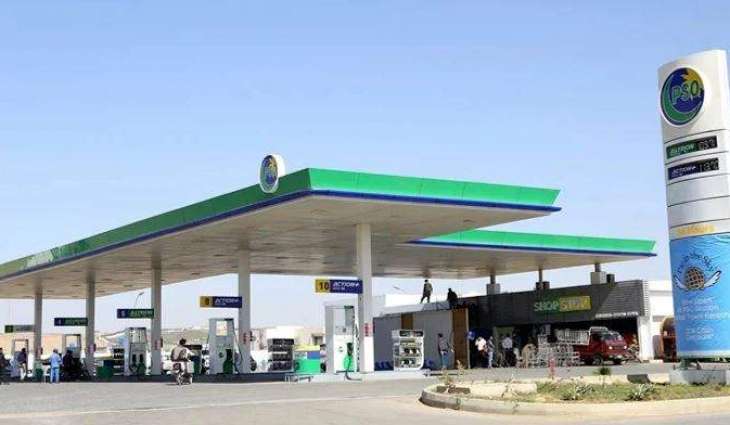Pakistan Petroleum Dealers Association says several petrol pumps are receiving up to 50% less fuel than requested
KARACHI: (UrduPoint/Pakistan Point News-June 23rd, 2025) The Oil marketing companies in Pakistan on Monday imposed restrictions on petrol supply as they disallowed distribution beyond the average daily sales recorded between June 1 and June 15 which led to concerns over potential shortages at some fuel stations.
Pakistan Petroleum Dealers Association said that the several petrol pumps are receiving up to 50% less fuel than requested. While most stations are still operating with regular supply, many with low stock levels are reportedly facing difficulties in meeting customer demand.
The industry insiders said the decision came as companies work to manage existing inventories and avoid over-distribution amid increasing uncertainty in global oil markets.
A Pakistan State Oil (PSO) spokesperson confirmed the company limited distribution to its average daily sales and is implementing a strategy to maintain steady supply across the country.
To address the shortfall, a vessel carrying 70 million litres of petrol is expected to arrive from Fujairah at Karachi Port soon, according to PSO sources.
The supply situation has grown more tense following escalating geopolitical developments.
After US airstrikes on Iranian nuclear facilities, Iran’s parliament approved a resolution to close the strategic Strait of Hormuz — a vital global oil transit route.
While the move still required clearance from Iran’s top security council, any disruption in the strait could severely impact global oil shipments.
The Strait of Hormuz is a crucial artery for transporting approximately 21 million barrels of oil daily from countries including Saudi Arabia, the UAE, Kuwait and Iran to key markets such as Pakistan, China, Japan, South Korea, Europe and North America.
The market observers warned that the domestic petrol availability and prices might come under pressure in the coming weeks because of the rising instability and tightened fuel supply policies.




